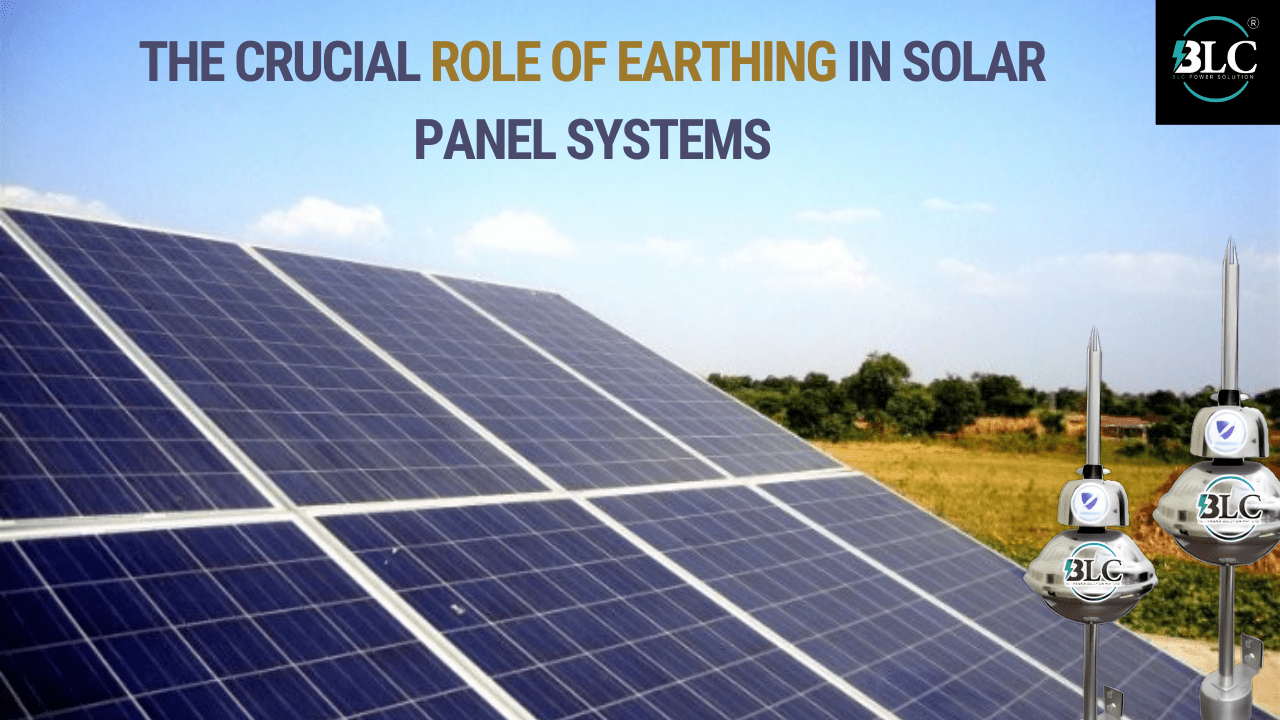Understanding Earthing in Solar Panels
Earthing, also known as grounding, refers to the process of connecting electrical systems to the ground or earth. In solar panel systems, earthing serves multiple essential purposes that contribute to the overall performance and safety of the installation.
- Electrical Safety: One of the primary functions of earthing in solar panel systems is to enhance electrical safety. Solar panels generate electricity from sunlight, and if a fault occurs within the system, such as a short circuit or electrical surge, earthing provides a path for the excess current to safely dissipate into the ground.
- Lightning Protection: Solar panels are often installed on rooftops or in open spaces where they are exposed to the elements, including lightning strikes during thunderstorms.
- System Integrity: Earthing is essential for maintaining the integrity and reliability of solar panel systems.
- Compliance with Regulations: In many regions, electrical codes and regulations mandate proper earthing for solar panel installations to ensure compliance with safety standards. Installers and operators must adhere to these regulations to obtain permits and certifications for their solar projects.
Implementing Effective Earthing Practices
To reap the benefits of earthing in solar panel systems, it’s crucial to follow best practices during the installation and maintenance process:
- Proper Installation: Ensure that solar panels, inverters, and other electrical components are securely grounded according to manufacturer specifications and local electrical codes.
- Regular Inspections: Conduct routine inspections of the earthing system to check for signs of corrosion, damage, or loose connections. Promptly address any issues to maintain the effectiveness of the earthing system.
- Professional Assistance: When in doubt, seek the expertise of qualified professionals experienced in solar panel installations and electrical systems. They can provide valuable guidance on designing and implementing an efficient earthing solution tailored to your specific needs.
Final Words
Earthing in solar panel systems is pivotal for safety, reliability, and performance. It provides a secure path for electrical currents, shielding against hazards like faults and lightning strikes. As solar energy gains traction, effective earthing practices are crucial for maximizing benefits and ensuring safety. Understanding and implementing these practices will safeguard equipment and individuals, contributing to the long-term integrity of solar panel systems.



